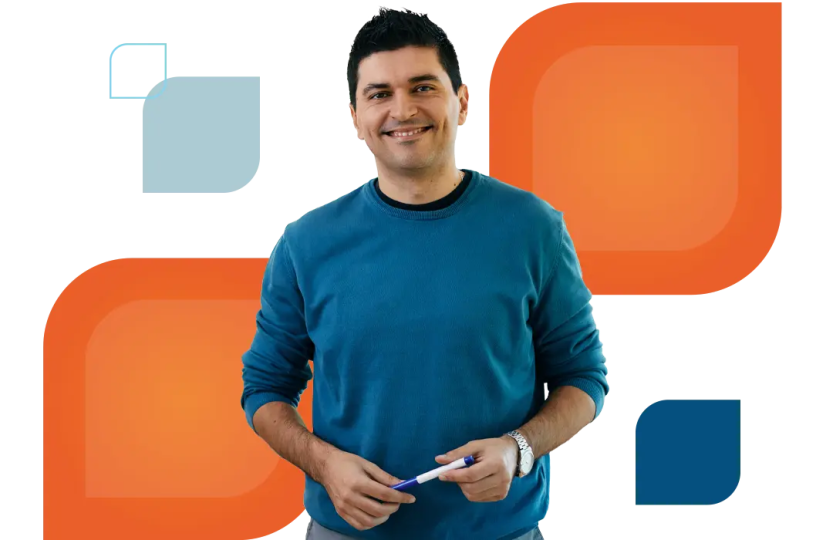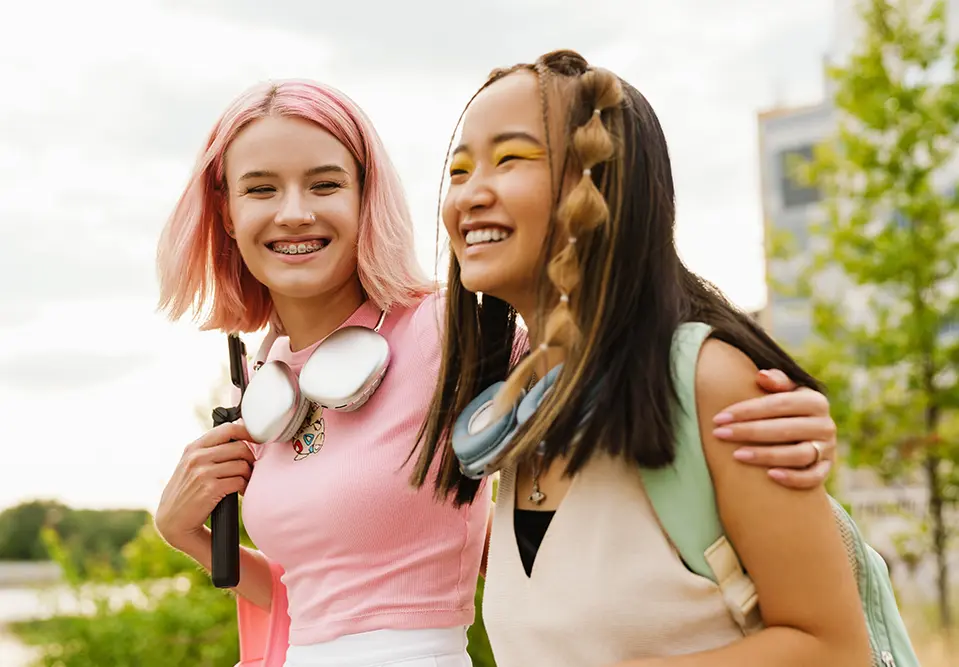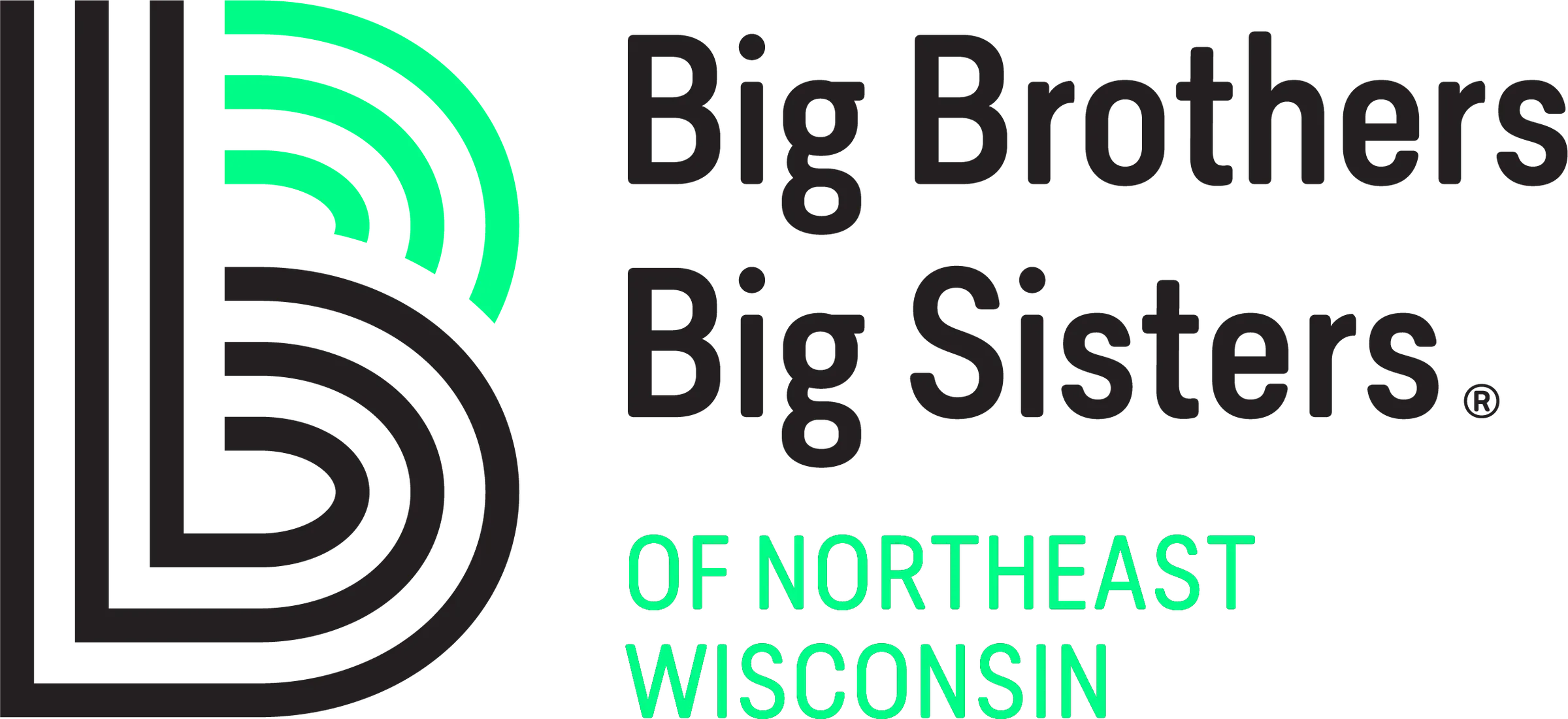Empower Staff, Faculty and Teens
1 in 6 youth experience a mental health or substance use challenge each year — and most won’t ask for help. MHFA training strengthens mental health in schools and youth-serving organizations by equipping staff, faculty and teens to recognize concerns early, respond with care and connect young people to the right support.

Why Youth Mental Health Matters
Young people are facing a rise in mental health challenges.
Early support from a trusted adult or peer at school or in the community can make a critical difference.
1/2
of mental illnesses begin by age 14.
40 %
of high school students in the U.S. reported persistent feelings of sadness or hopelessness in the past year.
17.1
million youth under the age of 18 currently have or have had a psychiatric disorder — more than the number of children with cancer, diabetes and AIDS combined.
Protect Mental Health In Schools and Youth-serving Organizations
Training adults and teens in MHFA helps schools and communities build a sustainable organizational culture of care, so young people receive support from the person they turn to first, whether that’s a trusted adult or a peer.

Support Early Intervention
MHFA teaches teens and adults how to recognize signs of mental health or substance use challenges in young people and take appropriate next steps, including involving a trusted adult or connecting youth to additional resources.

Create Safer Environments
When educators, staff, parents and teens share a common understanding of mental wellbeing, schools and youth-serving organizations become more supportive, open spaces where young people can thrive.

Reduce Mental Health Stigma
MHFA normalizes conversations about mental health and teaches youth that speaking up is a sign of strength — and that help is always available.
Host a Training
Ready to bring MHFA to your school or youth-serving organization? Complete the form to learn about training options, timelines and next steps.
Looking to train 5 or fewer Instructors? Apply to become a MHFA Instructor and help create a healthier, more caring community.
Available MHFA Trainings
MHFA builds early intervention, safety and support skills for both adults and teens. Youth and teen MHFA are evidence-based, classroom-tested and designed with interactive activities, discussions and real-world examples tailored to each audience.

teen MHFA
Empower high school students ages 14-18 to support their peers, recognize warning signs and seek help from a parent, guardian or trusted adult. teen MHFA strengthens mental health in schools by giving students a clear, age-appropriate role in supporting one another.
→ Learn more about teen MHFA
→ Para hispanohablantes

Youth MHFA
Train your staff members to support young people ages 12-18 who may be experiencing a mental health or substance use challenge. Then, certify select team members to become Youth MHFA Instructors who can teach the course across your school or youth-serving organization.
→ Learn more about Youth MHFA
→ Learn more about Instructor training
→ For Tribal and Indigenous Communities
→ Para hispanohablantes

Restaurants
Do you work in an office, retail, manufacturing, a restaurant or another field? No matter what the setting, MHFA meets your team’s needs.
More InformationTrusted by Over 750 Leading Programs
School districts, nonprofits and youth programs across the U.S. trust our training to strengthen mental health support for youth.



Bringing MHFA to Your School or Organization
MHFA is delivered by certified MHFA Instructors who teach either adults (Youth MHFA) or teens (teen MHFA). Implementation often begins with a small team of trained adults who help create a consistent, sustainable approach to mental health in schools and youth-serving organizations.
Looking for full implementation guidance?
→ For teen MHFA, visit our teen MHFA program page.
→ For Youth MHFA, visit our Instructor training page.
Teach the MHFA curriculum with fidelity
Teach the 5-step MHFA Action Plan (ALGEE)
Show the impact of mental health and substance use challenges
Explain that recovery is possible
Share self-help strategies
Use MHFA technology
Here’s the high-level process most organizations follow:
1
Build Your Leadership Foundation
Start by identifying and certifying a small group of staff to become MHFA Instructors. This team anchors your program, aligns training with your goals and ensures MHFA can be delivered consistently over time. Instructor training is available online or in person, and participants are ready to teach in as little as 3 days.
2
Align Your School or Community
Before trainings begin, share information with staff and parents/guardians about MHFA’s purpose, scope and goals. This step helps clarify roles, reduce misconceptions and reinforce how MHFA supports safety, wellbeing and mental health in schools.
3
Deliver Training Where It’s Needed Most
With certified Instructors in place at your school or organization, begin hosting Youth MHFA for adults or teen MHFA for students, depending on your needs. Trainings can be scheduled around existing school calendars and adapted to fit your community’s priorities.
4
Strengthen and Sustain Support
As more adults and teens complete MHFA training, your network of trained supporters grows. You can continue to build momentum by offering additional trainings, refreshing skills and integrating MHFA into broader wellbeing or safety efforts.
Parents and Caregivers are an Important Part of teen MHFA
We understand that parents and guardians want to know how schools and organizations will care for their child’s mental wellbeing, especially when implementing a training. We work with schools and organizations to ensure they’re informed and involved.
Real-life Success Stories
Our mental health trainings help people across the country in their families, workplaces, schools and communities one conversation at a time. See how they use MHFA to make a difference.
Success Stories
Learn More
Ava Sapolski
Student, Amherst Steele High School
“I was surprised by how much I learned about taking care of my own mental health, being kind to those around me, supporting my friends through rough patches and how to potentially save a life.”
Alyssa Fruchtenich
Mental Health Coordinator, UnityPoint Health – Black Hawk Grundy Mental Health Center
“As adults, we sometimes forget how hard it was being an adolescent. When we see a kid who is just miserable at school, we might think they choose to be that way – or that it’s just part of adolescence. But in fact, they might be in a mental health crisis, one they certainly did not choose and do not want. When a teacher says “how can I be helpful,” that is a powerful question.”
Ready to Get Started?
We’re here to help you choose the right MHFA training for your school or youth-serving organization. Share your goals with us, and we’ll help you build a healthier, more supportive environment for young people.
How MHFA Works with Schools and Youth Programs
Bringing MHFA to your community is the first step toward better youth mental wellbeing. Here’s how you can increase your impact with MHFA Instructor training. For teen MHFA, learn more about becoming a host site.
Step One
Train a group of Instructors in your school or organization. The training is available in person or online, and Instructors are ready to teach in as little as 3 days.
How Certification WorksStep Two
Hold info sessions and share resources with parents and guardians.
How MHFA Supports ParentsStep Three
Set up your Instructors to host MHFA trainings. With flexible training formats, MHFA fits right into your school or youth program’s schedule. Your Instructors can teach in person or online, or they can choose to teach in a blended environment, which pairs pre-work with live instruction.
MHFA certification typically takes around 8 hours to complete and can be taught in one day or over time.
Step Four
Watch your Instructors’ impact grow with each training, helping to build lasting support networks and creating positive change.
Learn More About Group MHFAOur Impact
Lorem ipsum dolor sit amet, consectetur adipiscing elit, sed do eiusmod tempor incididunt ut labore et dolore magna aliqua. Ut enim ad minim veniam, quis nostrud exercitation ullamco laboris nisi ut aliquip ex ea commodo consequat. Duis aute irure dolor in reprehenderit in volupt.
More Videos
Champion Mental Wellbeing & Help Employees Thrive
Champion Mental Wellbeing & Help Employees Thrive
